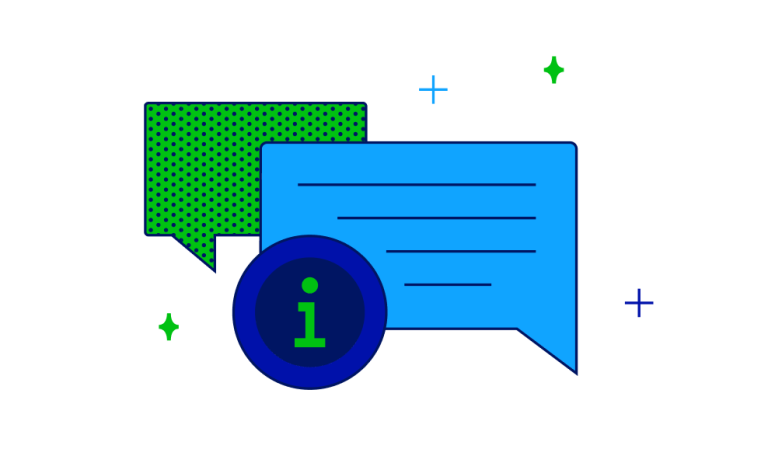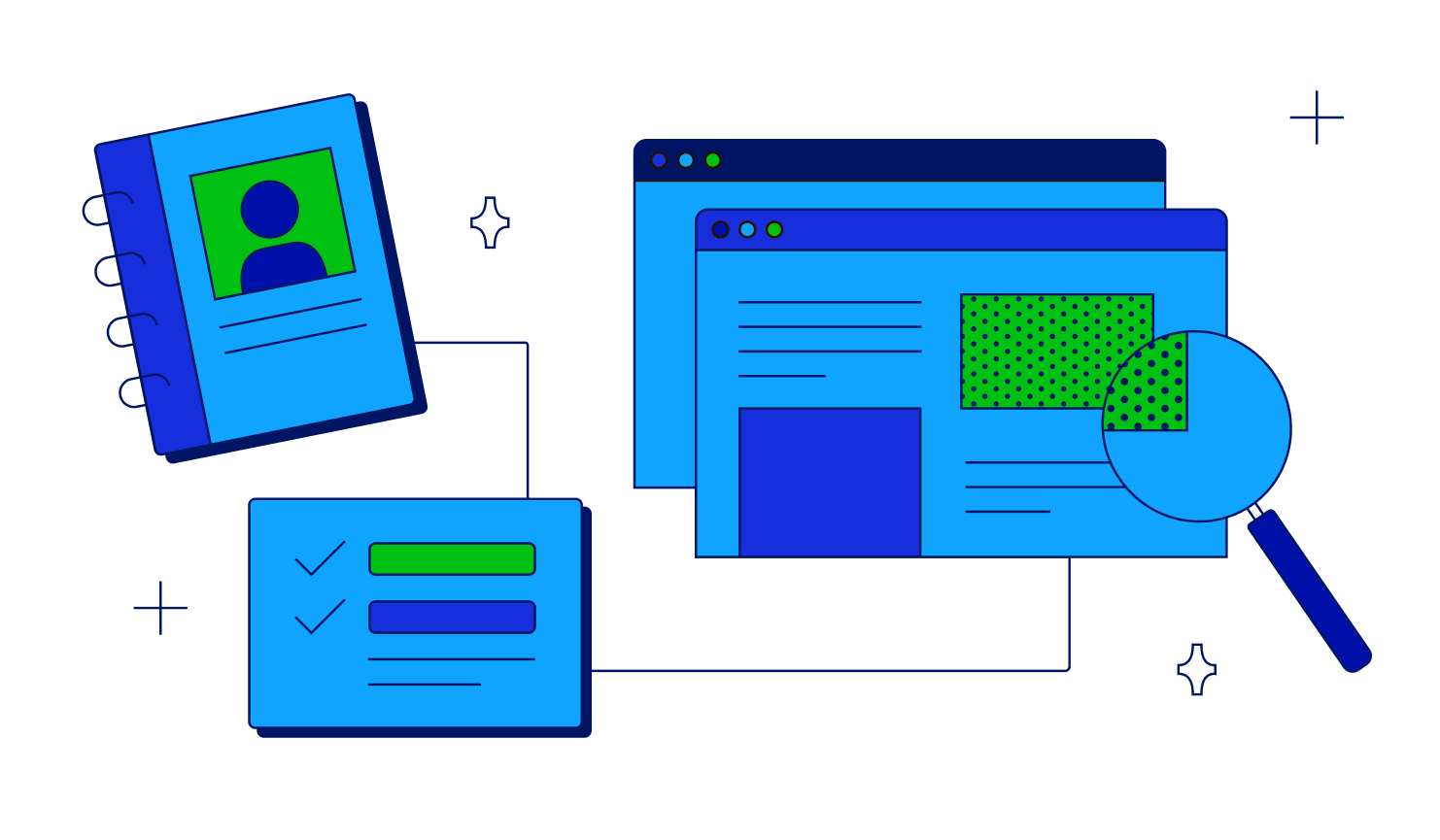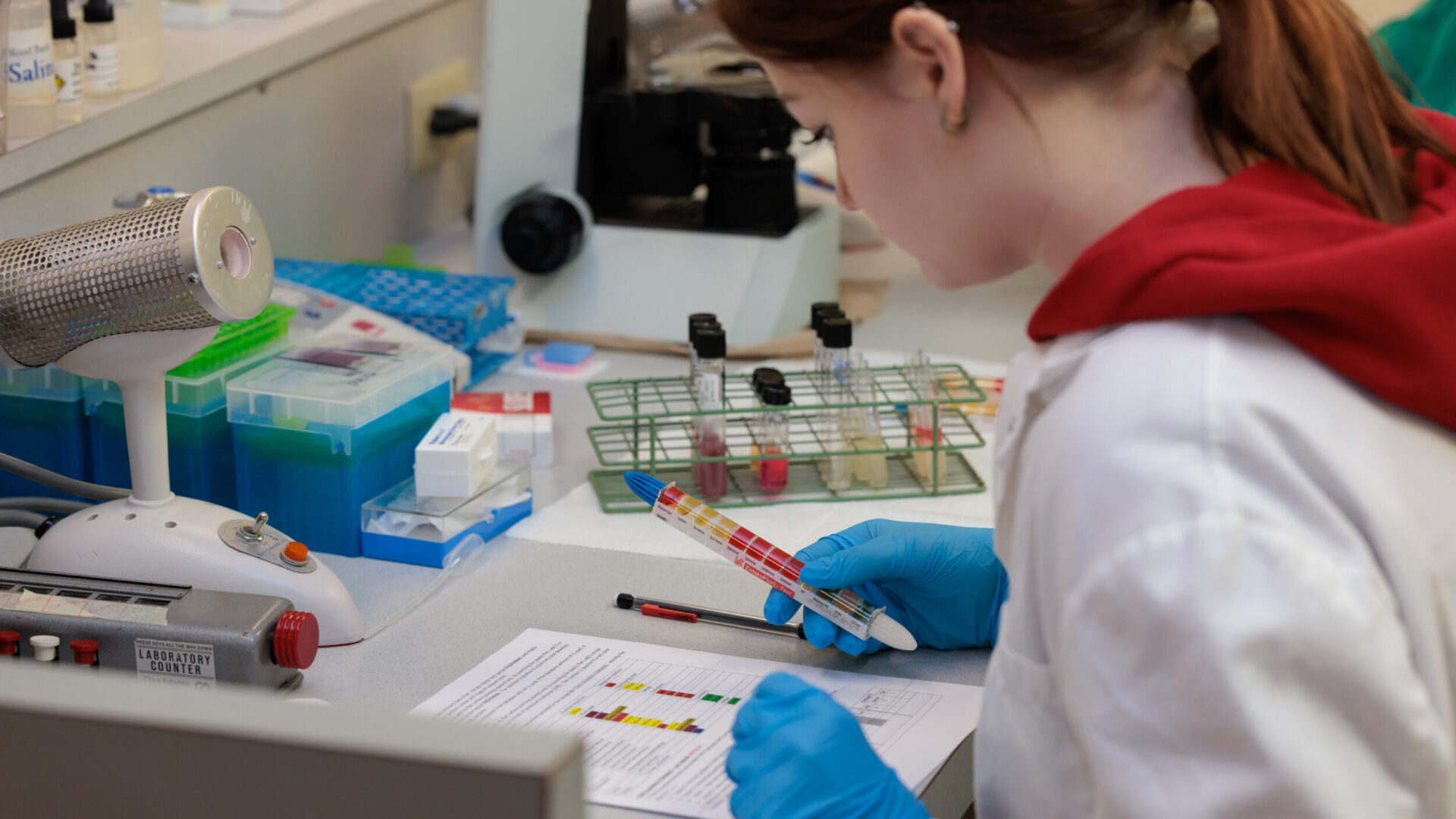
Program Overview
Medical Lab Technician
Program Overview
Medical Laboratory Technology is a profession which combines the challenges and rewards of both medicine and science. A medical laboratory technician performs a wide range of laboratory tests including microscopic examination of blood, identification of bacteria and viruses, and other laboratory testing that can lead to the diagnosis of diseases such as: AIDS, diabetes, and cancer. Students learn the theory and principles behind the tests they perform and learn to correlate the results with patients’ conditions.
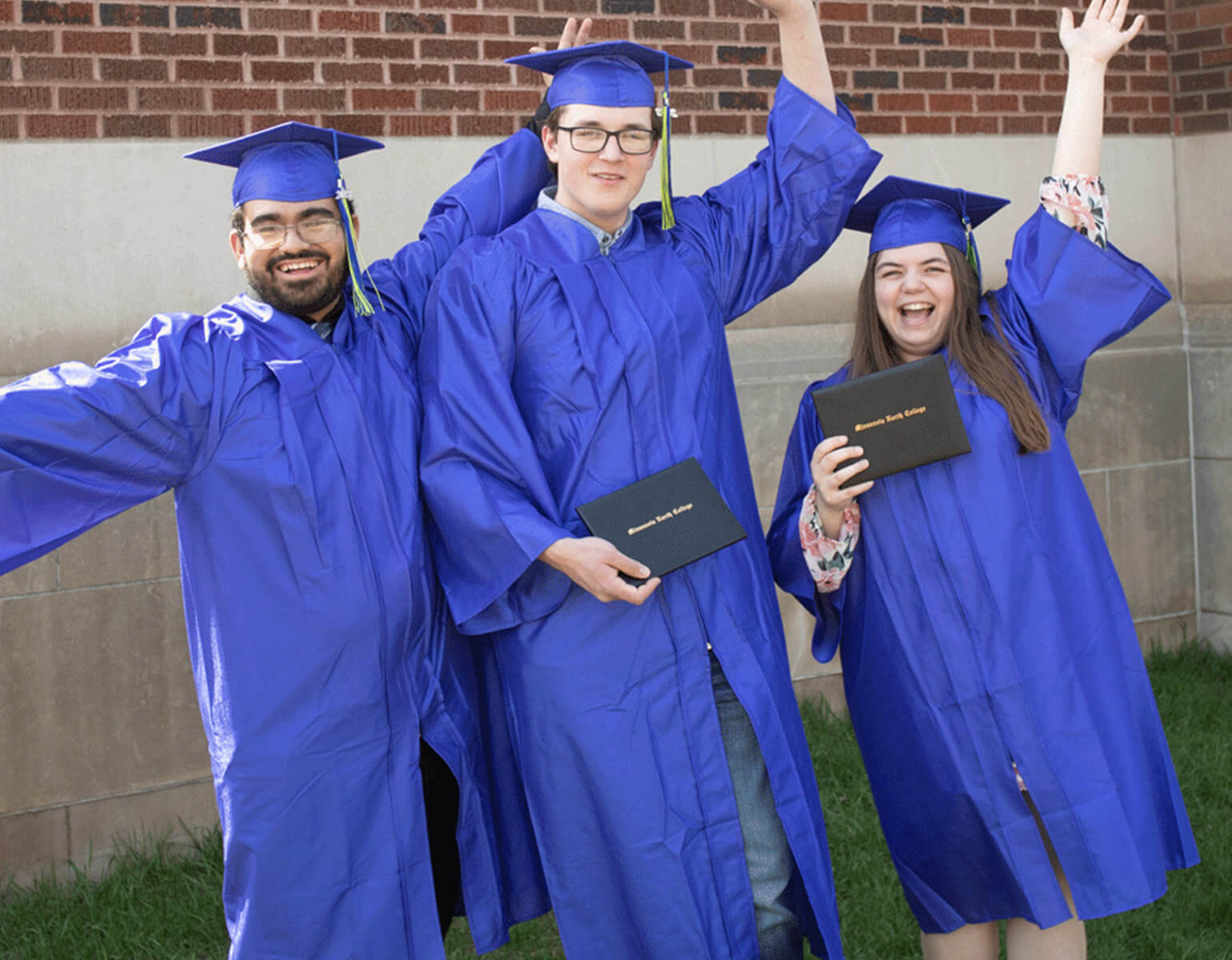
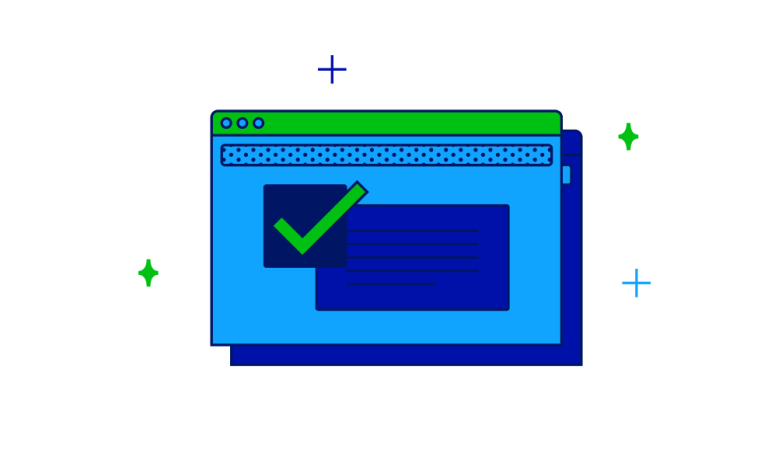
Sources: US Bureau of Labor Statistics
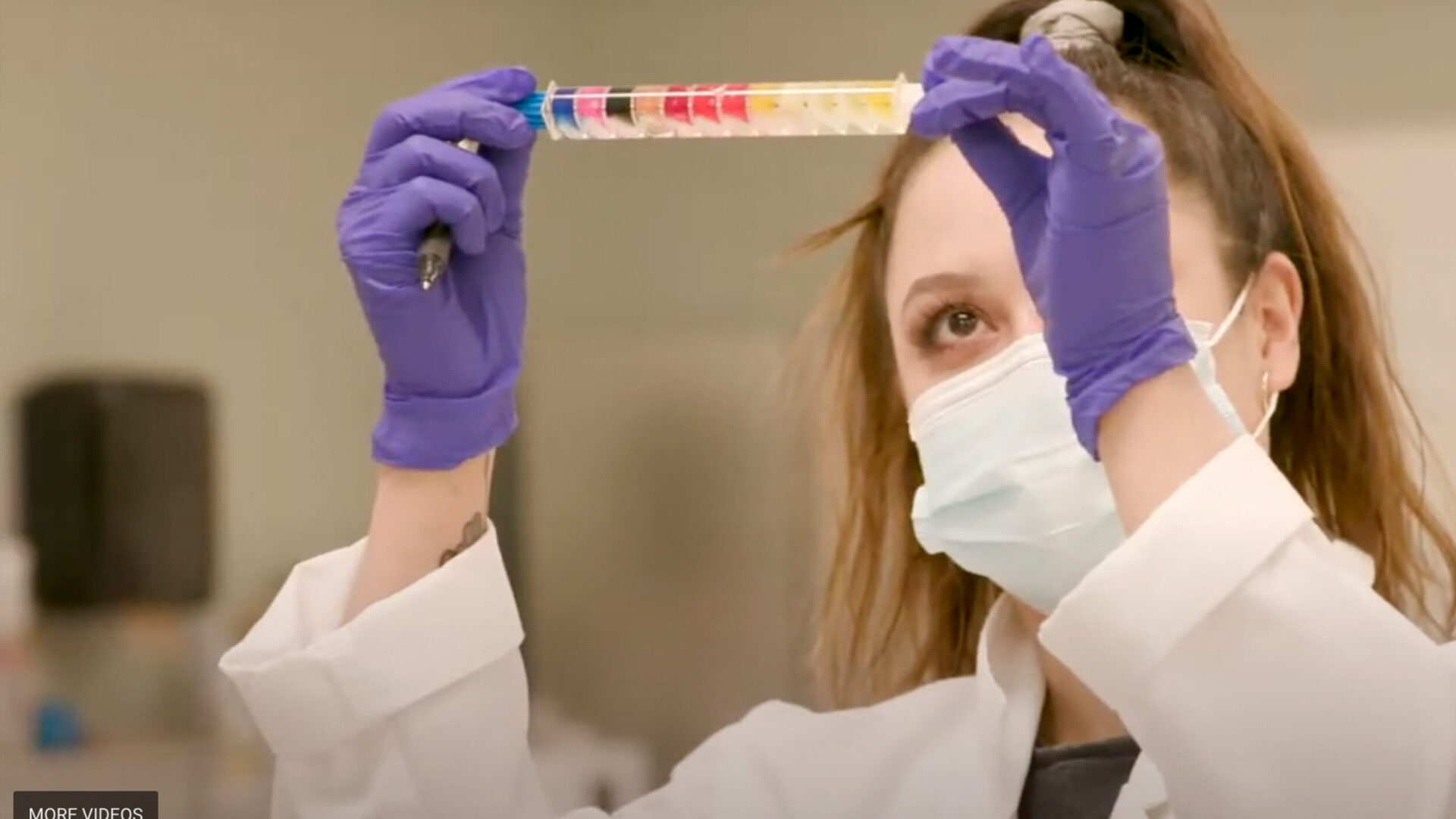
Reasons to Attend Minnesota North
Flexible class options.
The Medical Laboratory Technician program is also offered online to give individuals who are currently employed in a clinical laboratory an opportunity to move up the laboratory career ladder without having to quit their job, relocate, or go back to school full-time.
The didactic (lecture) component of the program is delivered online by experienced Hibbing faculty. The laboratory component of each course is completed with the help of a designated mentor or facilitator where you are employed or at another approved clinical site. A detailed list of laboratory expectations is provided with each course.
Join a growing field.
The need for Medical Laboratory Technicians is growing faster than there are qualified people to fill these jobs. Currently, positions are open for qualified laboratory professionals at places such as hospitals, clinics, public health facilities, business, and industry. The Hibbing Campus currently holds a three-year average placement rate of 100% for students completing the MLT program and finding employment in a related field or education continuation. The program shows a three-year average pass rate of 85% for students taking their ASCP Board of Certification exam within one year of graduation.
Earn general education credits.
Students earn general education credits, including anatomy and physiology, chemistry, computer applications and communications which leads to an Associate in Applied Science (A.A.S.) Degree.
Service Work Policy
During the internship, students may be occasionally asked to work hours other than normal scheduled daytime hours during the week (i.e. afternoon shifts, weekends, etc.) The requests are usually made when the student has completed a department rotation or at the end of the entire internship experience. The reason for working “off hours” must be educational in nature. Agreement to work must be voluntary. Not all internship sites request “off hour” service work. See the program handbook for more information regarding this policy.
Accredited Program
The Medical Laboratory Technology Program is fully accredited by the:
National Accrediting Agency for Clinical Laboratory Sciences (NAACLS)
5600 N. River Rd., Suite 720
Rosemont, Illinois 60018-5119
773.714.8880
http://www.naacls.org


